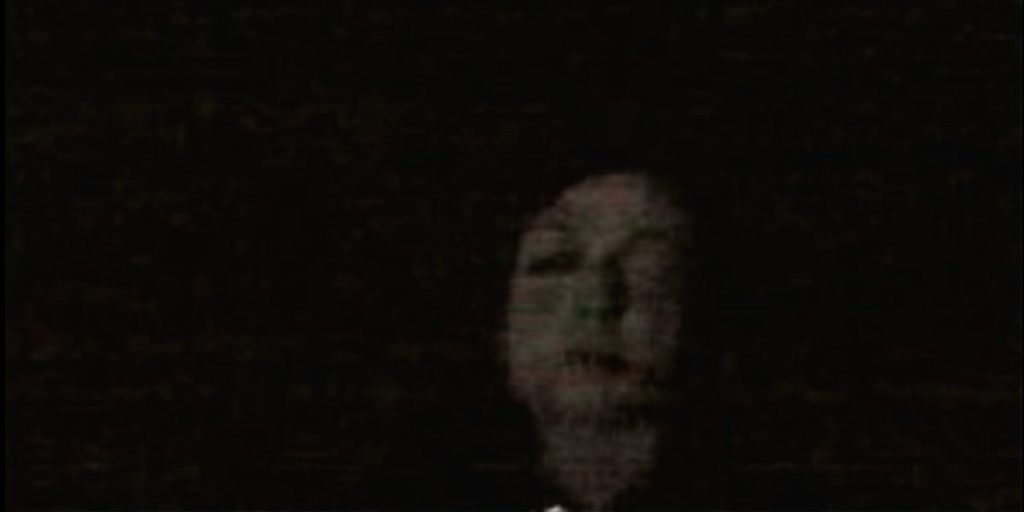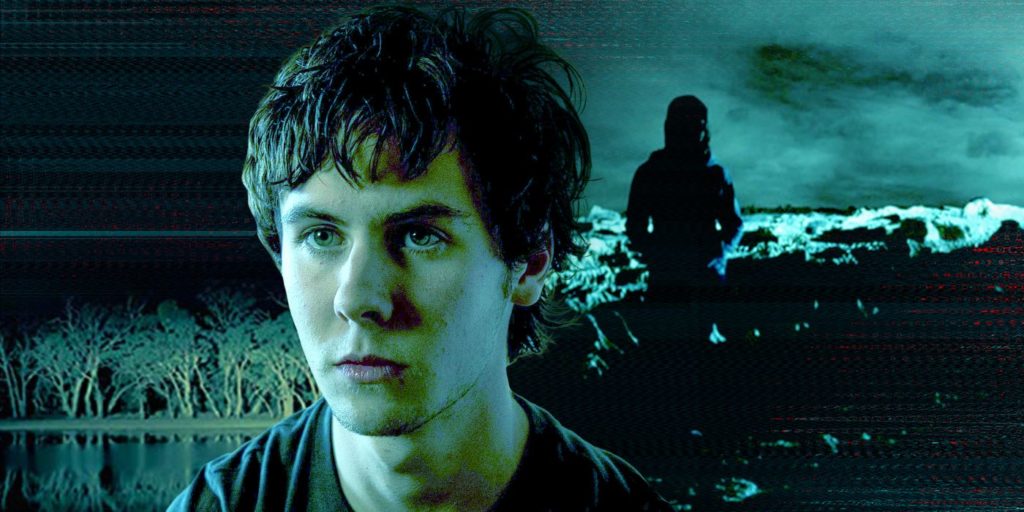“I have a nasty feeling that things will go wrong for me. I feel as though something negative has occurred to me. Although it hasn’t yet arrived at me, it is moving toward me.
The movie Lake Mungo is about fear. The overarching idea of dread, that lingering sensation of unavoidable but unknowable catastrophe that hangs over our heads, is tied to the 2008 Australian horror movie. Digital Lake Mungo is terrifying. I schedule my rewatches of this film the same way I schedule dental cleanings. The experience isn’t very nice, but it’s necessary to occasionally have your ass completely given to you by a horror film. Writer/director Joel Anderson’s lone feature film to date, Lake Mungo, is a ghost story built on sadness that everyone who has ever lost someone or briefly lost oneself would be able to identify with. Every individual with a pulse should watch it at least once, and then, they should immediately dial their loved ones. It’s sad and horrifying.
In Anderson’s opinion, Lake Mungo is more of a film about mourning than it is a supernatural film. “I believe the purpose is to explore grief. In order to examine many personalities and their reactions to a crisis, that is why we shot it as a documentary, he stated in an interview with After Dark Films. “The one thing I believe everyone dread the most is the thought of someone they love or a family member passing away in a tragic situation. It’s an extremely real, very human fear. A horrific accident, you know, just doesn’t make sense. As a result, it begs the questions of whether there is a pattern or rationale to how things operate. Or is it just absurd? So, in my opinion, you must deal with some very significant problems. Additionally, you don’t do it logically. I believe you accomplish it by grieving.
The opening line of Lake Mungo, “Alice is missing,” is both the narrative’s literal driving force and a heartbreaking clue to its underlying concerns. The narrative of Alice Palmer, a 16-year-old Australian girl who drowned at a dam near the small town of Ararat, is told in the movie’s faux-documentary style. Alice Palmer is portrayed by Talia Zucker. The rest of the Palmer family begins to believe in ghosts as a result of bizarre events that follow, including both otherworldly spirits and those who are left behind from a life that was cut short. Mother June (Rosie Traynor), who admits she’s always found it difficult to connect with Alice, says the Palmers never really got to know their daughter, and shady secrets are revealed that suggest a 16-year-old girl who was battling to feel alive even before her death. It is no accident that the Palmer family shares a last name with the tragic family from Twin Peaks; like David Lynch’s seminal series, Lake Mungo plays with the seedy underside of a seemingly normal town.
The Palmer family’s quest for closure takes them to the real Lake Mungo, a cell phone that Alice buried while on a field trip, and video that she shot just before she passed away. The video looks as washed-out and grainy as a 2008 flip phone, but that isn’t entirely what gives it an alien atmosphere. The camera swerves wildly as Alice stumbles through the night; you don’t feel connected to either time or place until you finally zero in on something emerging from the shadows. The movie proceeds very slowly and doesn’t reveal what you’re witnessing until it’s just inches away from the frame: Alice’s own bloated, decomposing corpse, stumbling out of her future.

The implications of Lake Mungo’s ending, though, make it equally tragic. Or, more precisely, because it doesn’t provide those of us who are still alive with any clear justification. The Palmer family is looking for explanations throughout Lake Mungo’s many turns because that’s what you do when someone you love passes away. You pose a “why?” inquiry that no one can respond to. Why do they? Why now? Why? Lake Mungo offers a puzzling solution. Anyone who experiences anxiety or depression understands what it’s like to feel unreal, to feel like a phantom floating through life. The Alice people saw and the Alice who existed incorporeally were divided by the secrets that Alice “kept,” according to Lake Mungo. On a dark road, Alice encountered the version of herself that would ultimately cause her family to notice.

“We had no intention of producing a terrifying movie. We aimed to create a movie that would be intriguing in some way, Anderson claimed. “I think we were thinking it would be nice if we could make a movie that was kind of an enigma, but if you saw it years from now you wouldn’t know anything about where it came from,” says the author. Is it real or not real, you could be asking.
Man, Lake Mungo makes me crazy. Make a call to a loved one to let them know you are there.


